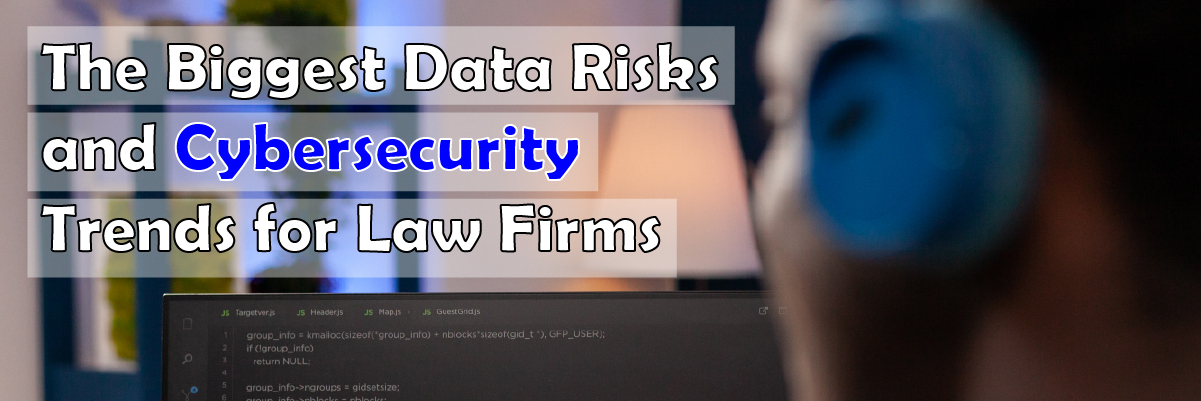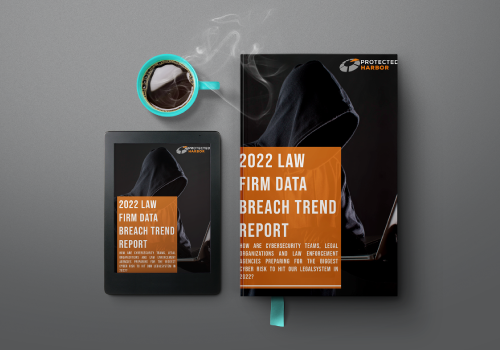The 5 Ways to Incorporate Technology into Your Law Firm

The 5 Ways to Incorporate Technology into Your Law Firm
Rapid technological advancements have significantly transformed the legal industry. Gone are the days when law firms relied solely on paper-based documentation and labor-intensive administrative tasks. Today, law firm technology solutions are not just a helpful addition to the practice of law; it’s an essential component that can enhance efficiency, improve client services, and ensure data security.
This blog post will explore five powerful ways to incorporate technology into your law firm. Whether you’re a solo practitioner or part of a large legal team, these strategies can help you stay competitive in an increasingly tech-driven world with legal tech trends 2025.
1. Streamlining Administrative Tasks
According to the 2022 Law Firm Flexibility Benchmarking Survey, 64.7% of law firms permit their attorneys to work remotely. How to use technology in a law firm? By setting up unified communication solutions or legal practice management software, attorneys can work remotely while expanding their client and interpersonal communication channels.
Lawyers and clients can connect through instant messaging, email, voicemail, or web conferencing and clients can communicate with their lawyers online instead of going to a law office.
2. Automating eDiscovery
Lawyers must spend numerous hours searching through records to find pertinent evidence when putting together cases. Currently, the majority of these papers are digital. Email, mobile devices, database archives, and IoT devices could all provide evidence. Paralegals frequently handle eDiscovery tasks. Nevertheless, due to the length of the process, clients may incur costs.
eDiscovery automation tools like Casepoint, Everlaw, and Logikcull use analytics to quicken the procedure. Advanced analytics has a keyword and phrase search function. Additionally, automation eliminates superfluous documentation, speeding up the process.
 3. Simpler Case Management
3. Simpler Case Management
Platforms for managing digital businesses have been modified to accommodate the demands of managing legal cases. Many case management tasks, such as setting reminders for critical dates, maintaining contact lists, managing documents, and inputting billing information, can be automated by lawyers using the software. A centralized database houses all the pertinent data, making it simple to access.
When necessary, digital case management makes sharing papers with other attorneys at the firm simpler. Case management systems may be web-based, making them available to lawyers using mobile devices while working remotely.
4. Cybersecurity and Data Protection
In the digital age, safeguarding sensitive client data is paramount for law firms. Cybersecurity and data protection measures are essential to maintain trust, confidentiality, and compliance with privacy regulations.
A security breach can erode client trust and damage your firm’s reputation. Recognizing the significance of data security is the first step in ensuring its protection.
Implementing Robust Cybersecurity Measures
- Encryption and Secure File Sharing: Encrypting sensitive data and implementing secure file-sharing solutions are fundamental steps in preventing unauthorized access to client information.
- Regular Security Audits and Training: Conduct regular security audits to identify vulnerabilities and ensure compliance with cybersecurity best practices. Additionally, ongoing staff training is essential to raise awareness about potential threats and maintain a security-conscious culture within the firm.
Compliance with Data Privacy Regulations
- GDPR, CCPA, and Other Relevant Laws: Depending on your jurisdiction and client base, your firm may be subject to data privacy laws like the General Data Protection Regulation (GDPR) or the California Consumer Privacy Act (CCPA). Compliance with these regulations is essential to avoid legal repercussions.
- Data Breach Response Plans: Develop and regularly update data breach response plans to mitigate the impact of any potential security incidents. Swift and transparent communication with affected parties is critical in such situations.
By prioritizing cybersecurity and data protection, law firms safeguard their clients’ sensitive information and demonstrate a commitment to ethical and legal responsibilities. These measures, along with best software for law firms and legal tech trends 2025, protect your clients and your firm’s reputation and integrity in an increasingly digital and data-driven world.
5. On-line Community Creation
Online communities can aid underprivileged groups in getting access to free legal counsel, resources, and guidance. Additionally, they link lawyers and law students so that knowledge may be exchanged and professional difficulties can be discussed. The American Bar Association (ABA) has an online community called LegallyMinded.
Embrace Legal Tech Tools to Streamline Operations
One of the most impactful steps in improving your practice is adopting legal tech tools that automate and simplify everyday tasks. From document automation software to e-discovery platforms, these tools help save time and reduce manual errors.
The digital transformation in law firms is no longer a trend—it’s a necessity. How to use technology in a law firm? Integrate cloud-based practice management systems, client portals, and secure communication platforms can operate more efficiently and deliver better client experiences.
The benefits of technology for legal professionals are vast, including improved collaboration, faster case resolution, and better organization of case files and client data. By leveraging these solutions, attorneys can focus more on legal strategy and less on administrative burdens.
For small and mid-sized firms, adopting modern legal tech solutions for small firms ensures they remain competitive. Affordable, scalable technologies offer features like time tracking, billing, and calendaring that are essential for smooth legal practice without the overhead of large IT infrastructures.
Keeping up with Technological Advancement
New law firm technology solutions, platforms, and communications technologies are revolutionizing the legal sector. Many law firms are embracing digital change. But to achieve this change, the proper technological foundation is required. If you collaborate with a superior and experienced technology vendor, your business will have access to the needed resources.
Protected Harbor provides a range of legal practice management software and tools for legal firms wishing to move to the digital world. We offer data center and cloud services that enable your business to run complex applications while protecting sensitive data. When you join us, your attorneys will have access to unified communications solutions and a super-fast secured network, allowing them to work for their clients more safely and productively.
View our services specifically for law firms and other service providers here. Seek professional guidance on how technology can change your legal practice. Get in touch with Protected Harbor experts for the best software for law firms.





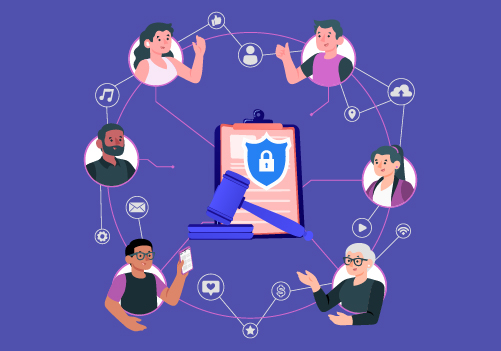

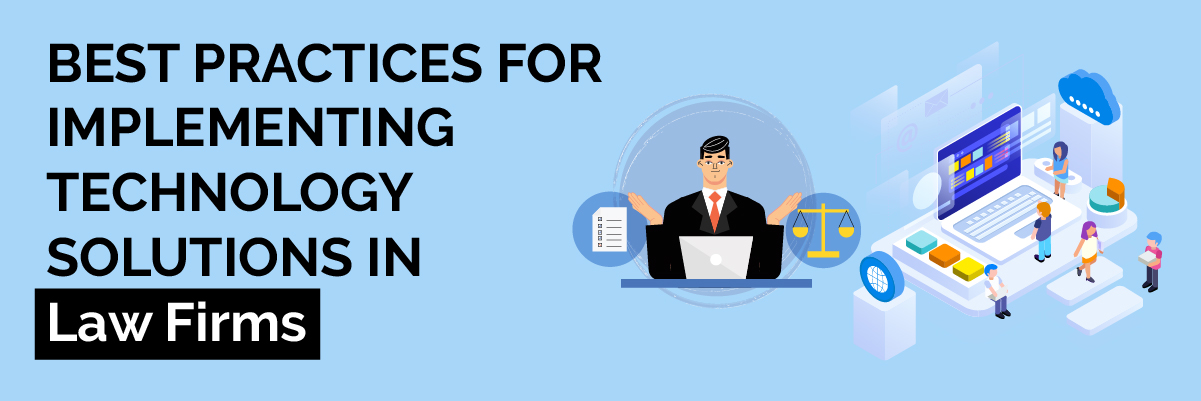
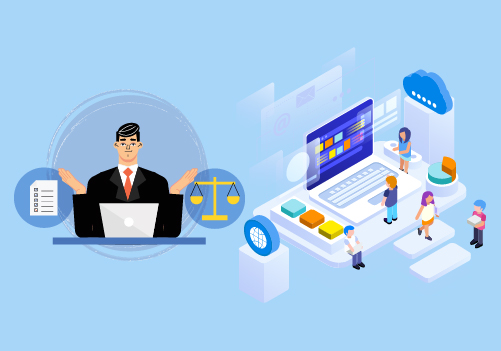 4. Develop a Detailed Implementation Plan
4. Develop a Detailed Implementation Plan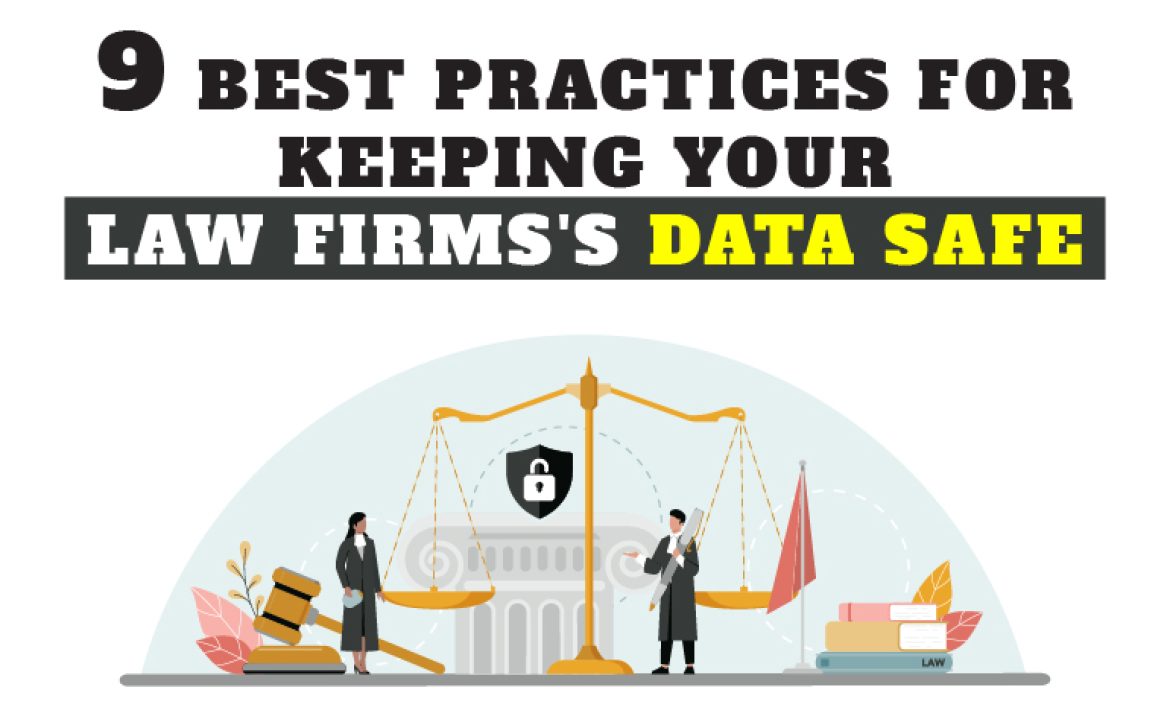

 6. Regularly Update Software and Systems
6. Regularly Update Software and Systems
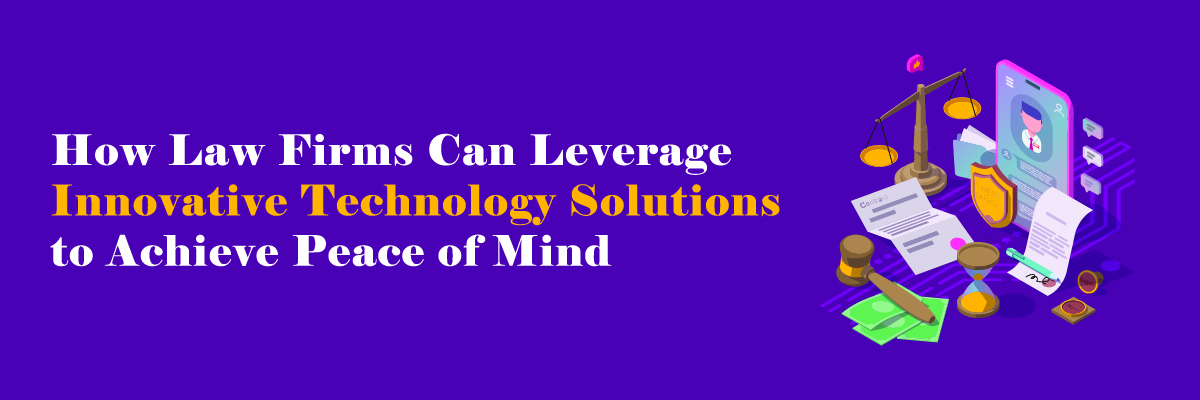
 Three Law Firms that Have Successfully Leveraged Technology for Peace of Mind
Three Law Firms that Have Successfully Leveraged Technology for Peace of Mind
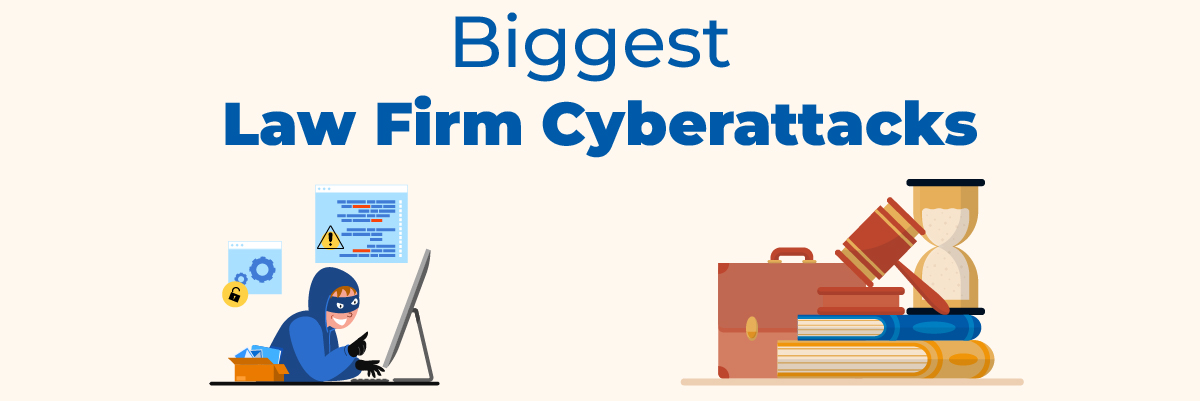
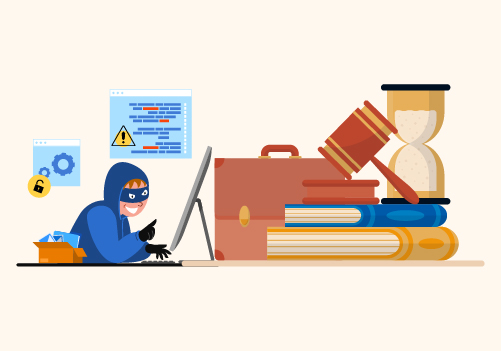


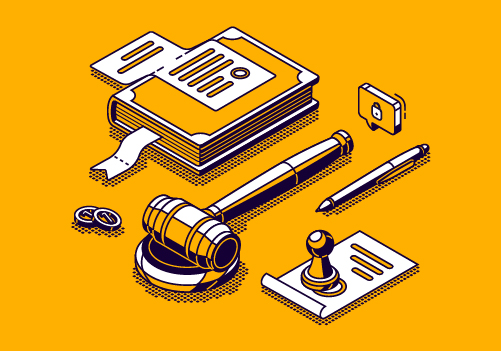

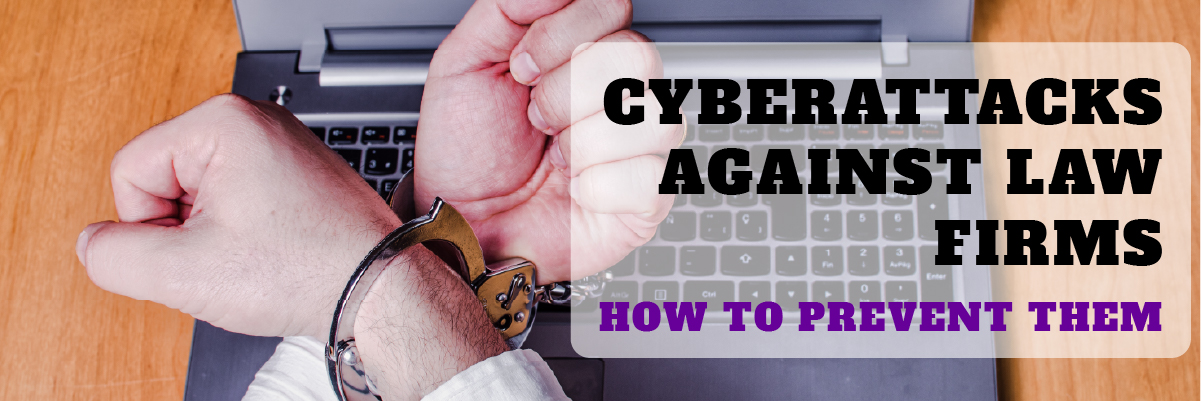
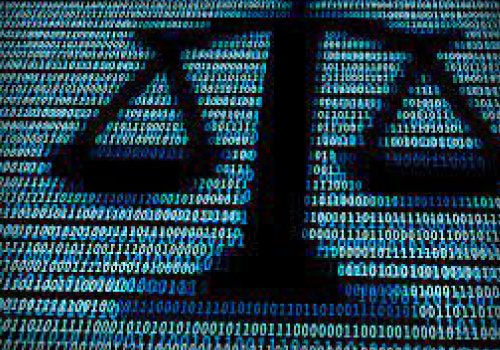 6 Tips to Protect Your Law Firm Against Cyberattacks
6 Tips to Protect Your Law Firm Against Cyberattacks
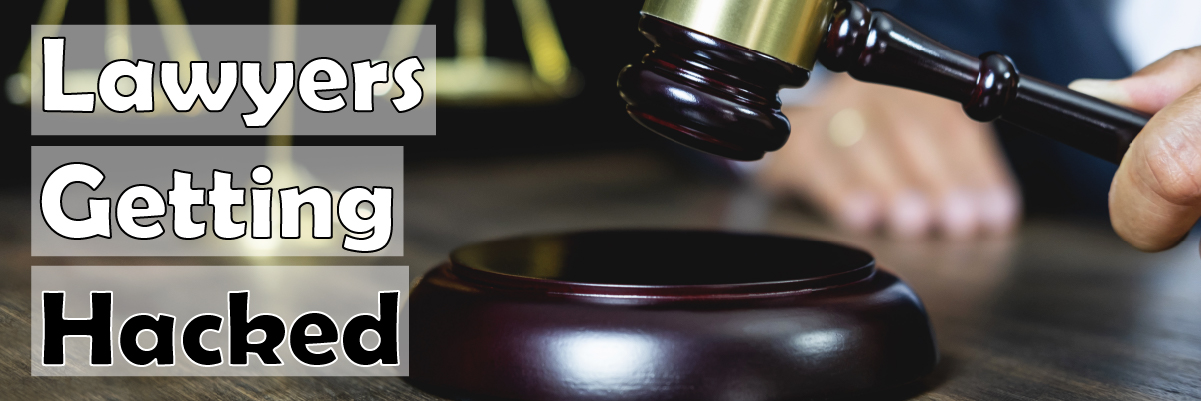
 Law Firms as Critical Infrastructure
Law Firms as Critical Infrastructure
